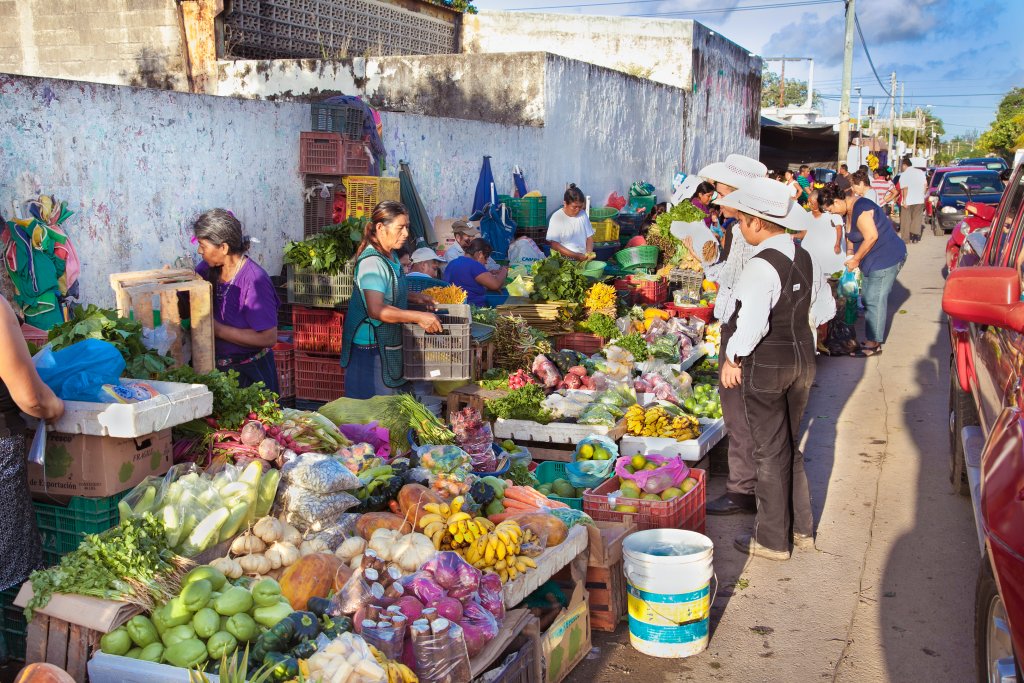Why cities should care about the UN Food Systems Summit
1 June 2021
Lawrence Haddad
The UN Food Systems Summit comes amidst the worst pandemic the world has faced in decades. The Summit occurs during a time of great tragedy and disruption but also during a time of reflection and bold thinking and action. Cities are frequently considered to be sources of new thinking, restless energy and bold action. This is precisely why they should embrace the Summit and engage fully with it.

Agnes Kalibata, the UN Secretary General’s Special Envoy for the Summit has argued for the Summit to be a people’s Summit and a solutions Summit. The Action Track Chairs (I am the Chair for Action Track 1 on Ensuring Access to Safe Nutritious Food) and other Summit leaders have faithfully tried to deliver on this. We have received well over 2000 ideas for change from all parts of the world from a multitude of stakeholders.
Since November of 2020 we have been developing, testing, connecting and integrating these ideas and are now consolidating them into a set of “solution clusters”. In Action Track 1 we have 12 of these solution clusters and each one is relevant for cities. For example, there is a solution cluster on food systems planning processes to support countries embarking on this path who would like to learn from others. Cities have been doing this for some time, and they have a lot to contribute on how and how not to go about this. Cities are also experienced at creating innovation systems that work for youth agripreneurs, but the question is how these can be adapted for more rural areas where we also need more agricultural innovation on the farm. The urban experience should prove invaluable.
Cities also have a lot to gain directly from engaging in the Summit. For example, the food safety solution cluster focuses directly on the informal sector, vendors and market infrastructure—much of this work is directly relevant for cities struggling to catch their food safety regimes up with rapidly developing urban food systems. Similarly, cool chain infrastructure is vital for the delivery of nutritious and safe perishable food from rural production areas to cities and we are working with a number of coalitions to develop multiuse, circular economy, clean and affordable cool chain solutions that are vital to the delivery of nutritious and safe food to the cities and elsewhere.
One of my reflections on the Summit is how fragmented the solution space is for food systems. There are too many organisations and entities pushing their own solutions, with too little effort spent connecting with others. The Action Tracks spend a lot of time trying to get different organisations to work together. The wrong focus on cities could well accentuate this fragmentation. Too often our emphasis is on the differences between urban and rural areas and not enough on the connections. The engagement of cities with the Food Systems Summit is vital and that engagement should highlight their unique features and contributions including innovation, youth, diversity, restlessness and decisiveness. But the engagement should also emphasise the complex social, cultural, economic, political and human relationships that bind different geographies together, contributing to the attainment of coherent and harmonious nations. The UN Food Systems Summit is a nation state summit, but cities can and should play a big role in defragmenting solutions — and geographies.
About the author
Lawrence Haddad is the Chair of Action Track 1 of the UN Food Systems Summit and the Executive Director of the Global Alliance for Improved Nutrition (GAIN).